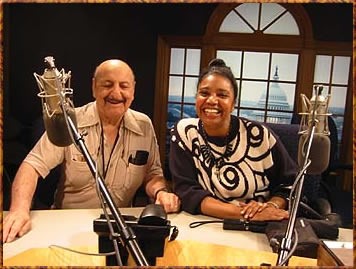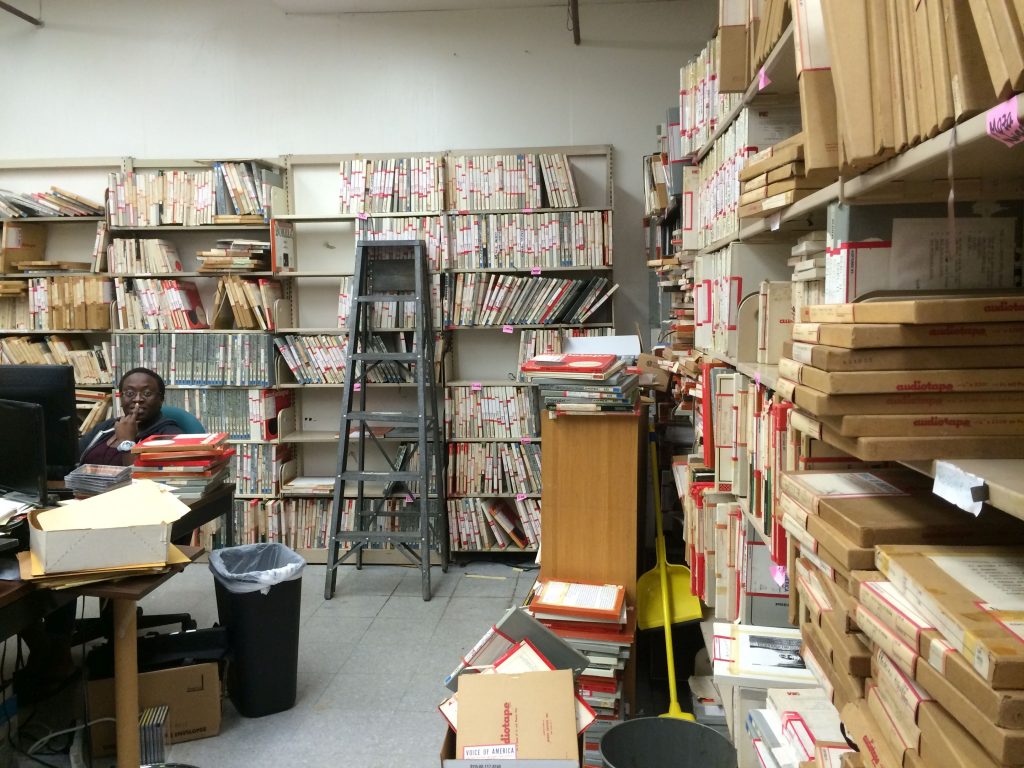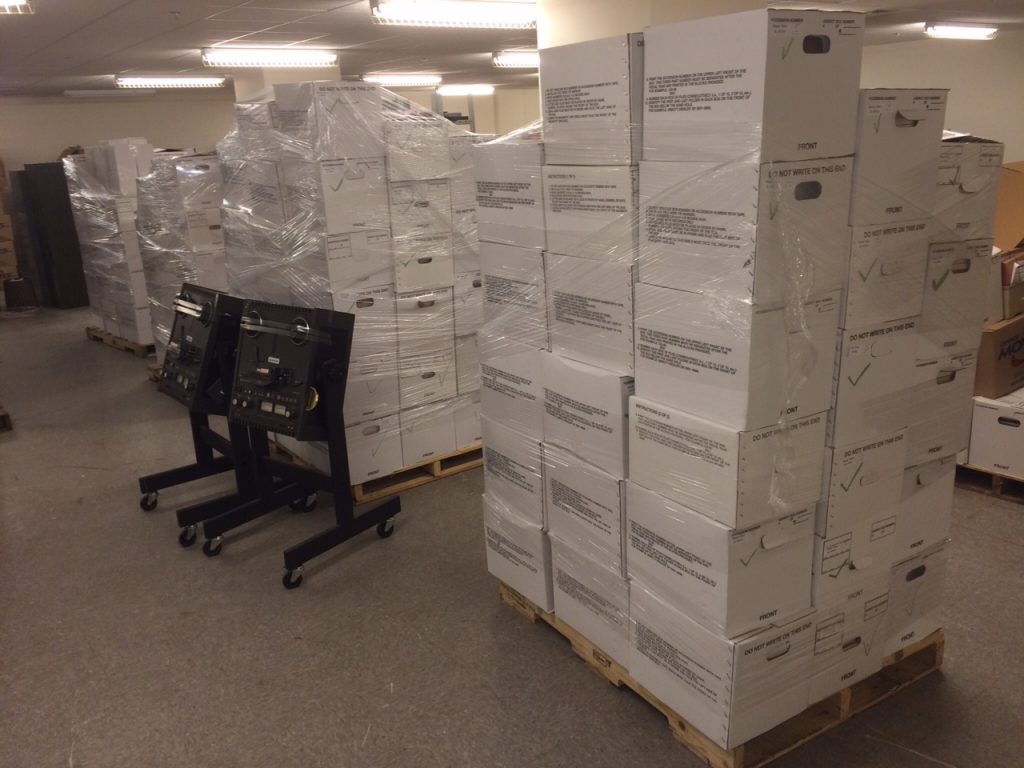
Project featured by NEH
The University of Michigan’s project, “Ethical Access to Music Time in Africa,” is a featured project on “Tune In Tuesdays,” a blog series by the National Endowment for the Humanities highlighting NEH funded projects that preserve and provide access to audiovisual resources. The blog post is a lead in to a one-day symposium on audiovisual preservation held on 30 September 2016.
Read the full blog post here.



